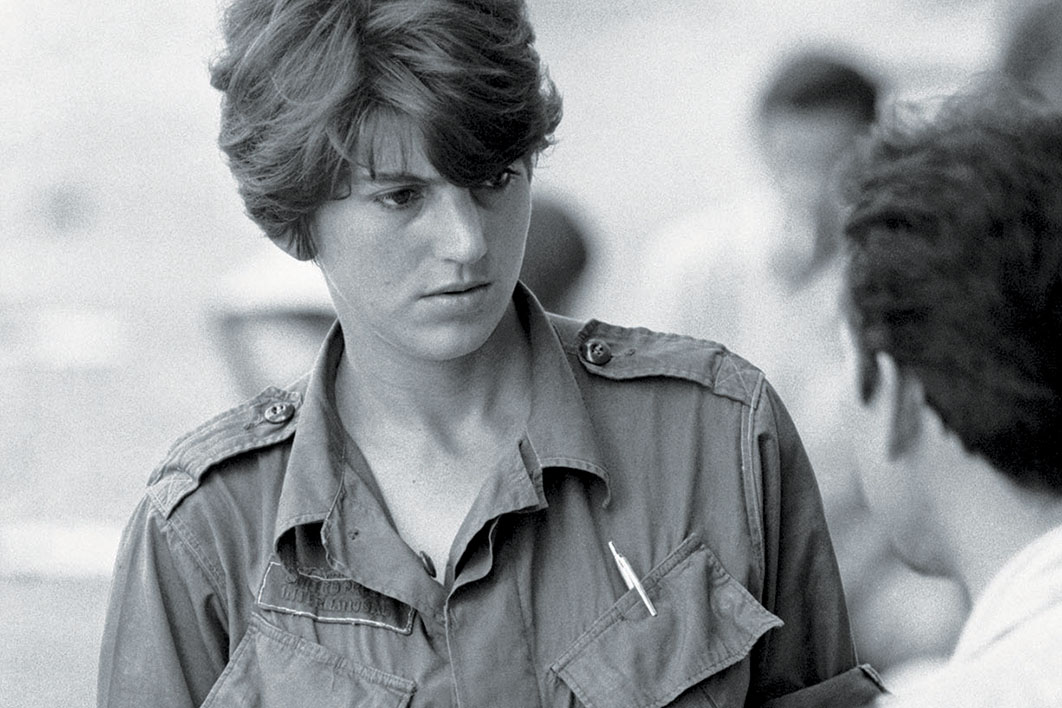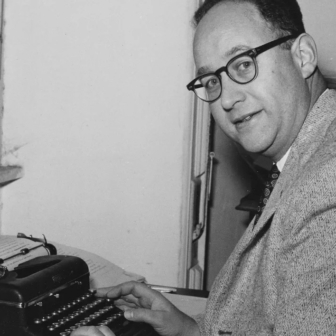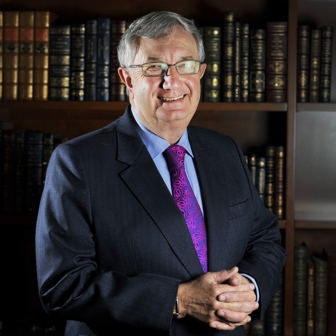You Don’t Belong Here: How Three Women Rewrote the Story of War
By Elizabeth Becker | Black Inc. | $32.99 | 320 pages
Back in the 1970s, Elizabeth Becker was a graduate student at the University of Washington. Repeatedly propositioned by her professor but refusing his advances, she ended up with a bad mark on her thesis. All thoughts of an academic career ended right there. Encouraged by a friend posted in Cambodia, she handed back her fellowship and bought a one-way ticket to Phnom Penh. There she became that rarity, a female war correspondent.
Becker knew she owed a debt to three remarkable women who had paved the way for her, and she tells their stories in this sensitively written and utterly absorbing new book. That it’s taken her this long is testimony not only to the hardships they endured, their singular achievements and their shattered lives, but also to the time she needed to fully absorb the meaning of their experiences and her own.
Some things change quickly, others take longer. After recent revelations about precarious employment among ministerial staffers in Canberra, few would say there’s been much progress on that front. Yet in ways dimly grasped at the time, the conflict the Vietnamese call the American war, which had spread to Laos and Cambodia by the time Becker turned up in Phnom Penh in 1973, did mark a turning point — for women, for the United States, and for us in Australia.
Two of the women profiled in You Don’t Belong Here arrived in Saigon in 1966, the year the United States became more deeply mired in a war it could never win. Back home the sexual revolution was under way, powered by the advent of the oral contraceptive. But it wasn’t yet a feminist revolution, which would take far longer, as we’ve so disturbingly seen.
The reception French photojournalist Catherine Leroy got from the military, her male superiors and her colleagues is a telling case in point. A petite blonde, she marched unannounced into the Associated Press office in Saigon angling for an assignment. Initially Horst Faas, head of photography, was taken aback. “She was a timid, skinny and very fragile young girl who certainly didn’t look like a press photographer,” Becker quotes him saying.
After a series of tame assignments, Leroy went to Da Nang on her own initiative to photograph the Buddhist demonstrations there. Faas bought two of her photos — striking images of Vietnamese civilians taking cover from sniper fire behind gravestones in a stonemason’s yard — and they were sold around the world. She was determined to do more.
French and strong-willed, Leroy was blithely unaware that she’d crossed a significant line. The US military had a longstanding prohibition against women reporting from the battlefield — though, as Becker explains, since America hadn’t declared war on North Vietnam, technically speaking the ban wasn’t in force. A press card opened all doors, and Faas saw that Leroy got one. She elbowed her way onto helicopters ferrying the press to operations, and took haunting, beautifully composed pictures of what she saw.
Eventually Leroy was taken on a secret operation to photograph America’s first air offensive of the war. She jumped with the paratroopers and on the descent grabbed her camera from around her neck and shot the parachutes as they opened “above and below and sideways.”
For all that, it was catch-22 for Cathy, as she became known. Had she been appropriately “feminine” she would never have taken the photographs she did. She smoked and drank and her language was blistering. In short, she acted, when she had to, like a man. And eventually some of her male colleagues did their damnedest to get rid of her because of it.
Like Leroy, Frances FitzGerald came from the middle class, in her case its highest reaches, and like the others was chary of openly identifying as a feminist and being slated as a “women’s libber.” Her mother was the socialite Marietta Tree, lover of Adlai Stevenson, twice the Democratic presidential candidate and later president Lyndon Johnson’s UN ambassador. Her father, Desmond FitzGerald, had been head of the CIA.
With her connections, there was no need for her to play dirty like Leroy did. The brass were familiar with her father, and she hooked up with Ward Just, one of the most respected of the male correspondents.
FitzGerald was charming yet studious. She quickly understood that the war was unwinnable for the simple reason that American policymakers knew next to nothing about Vietnam, its history, its culture or its people. Cold war imperatives had blinded not only them but also many in the press corps. She learned what she could through serious research, contacts and forays into the countryside, and started sending pieces on the fabric of Vietnamese life as it was endured in this latest of foreign interventions. After she left Vietnam she wrote Fire in the Lake, judged by many to be a classic account of the war. Of the three, she’s the only one still alive, and has carved out an impressive career as a writer and historian.
For Australians, the story of the third woman, Kate Webb, is of special interest. The daughter of Leicester and Caroline Webb, she spent most of her early life in Canberra, where her father headed the political science department in the newly established Australian National University.
As an intelligent, sensitive teenager, her life was blighted by a tragic accident that killed her best friend, and for which she was held — and held herself — responsible. Then, when she had rallied enough to enrol in a course at Melbourne University, came the news of her parents’ death in a car accident. She left university and moved to Sydney, where she became a journalist. Intrigued by the passionate protests against the Vietnam war during President Johnson’s controversial visit to the city, she elected to go there herself in 1968.
Everything about Webb’s story is enthralling. The war absorbed her, as brave a heroine as anyone could be who must have felt she had nothing more to lose. She was thoroughly professional but took one risk too many, and was captured in Cambodia, to where she’d moved, by the North Vietnamese. Though taken for dead, she survived and was eventually released.
Reading Becker’s account, I wondered why no one has written a novel or a television series about Webb. But maybe that’s the point. The crucible that was Vietnam has faded in our collective memory, overtaken by subsequent wars and different enemies. This magnificent book reminds us, though, of how pivotal it was.
It was the first war America lost, a shock to a society stuck in triumphalism, and the start of its slide. For Australia, the irony is that the war we entered to hold back the “yellow peril” created the refugees who would forever change our demographic composition. And the women who went there set a new standard for reporting, developing a deeper, more humane way of writing about war and its terrible, needless suffering. •
The publication of this article was supported by a grant from the Judith Neilson Institute for Journalism and Ideas.




